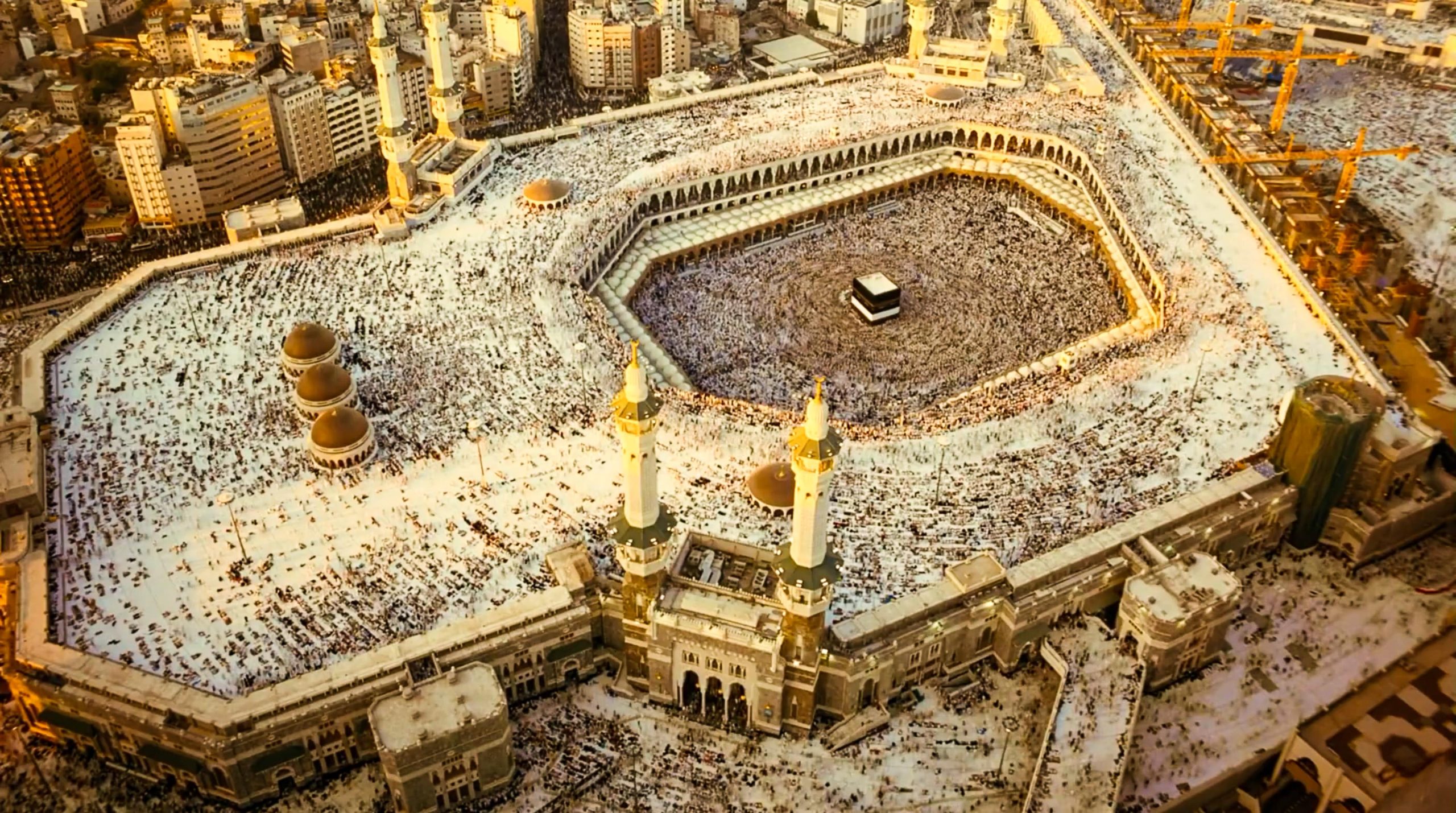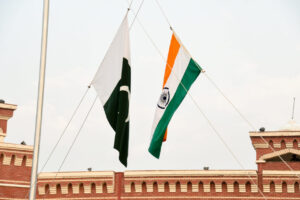Saudi Arabia has introduced a new temporary licensing scheme for accommodations for pilgrims in Makkah and Madinah for the 2026 Hajj season, with the goal of alleviating housing shortages and enhancing service quality for millions of worshippers.
On Wednesday, the Ministry of Hajj and Umrah declared that the initiative will enable property owners to secure seasonal permits for accommodating pilgrims.
Created in collaboration with the ministries of tourism and municipal and housing sectors, the initiative aims to increase capacity during the pilgrimage while maintaining safety and standards.
Applicants must sign up on the Nusuk Masar platform, and approvals will be handled through the Ministry of Tourism’s online system. The contracting period will end on 13 Sha’ban 1447 AH (February 1, 2026). Hotels that currently possess year-round tourism licenses will not be impacted by the new regulation.
Authorities state that connecting authorized venues to the Nusuk reservation system will enhance bookings, avoid congestion, and provide a safer, more structured experience for worshippers.
In Pakistan, where Hajj is regarded as a spiritual journey that occurs only once in a lifetime, this decision holds particular importance. Families save for years to make the trip possible, and finding appropriate lodging has always been a major challenge for both pilgrims and tour operators.
In 2025, approximately 189,000 Pakistanis managed to carry out Hajj, their highest quota to date, divided equally between the governmental program and private entities. However, the demand keeps increasing. The federal government is currently formulating a new Hajj policy aimed at increasing Pakistan’s quota to 255,000 for the year 2026.
Authorities are also contemplating reintroducing Hajj journeys by sea and expanding Saudi Arabia’s “Road to Makkah” immigration service to additional airports across Pakistan. Both measures might lower expenses and lessen the burden of lengthy travels for senior citizens and novice pilgrims.





